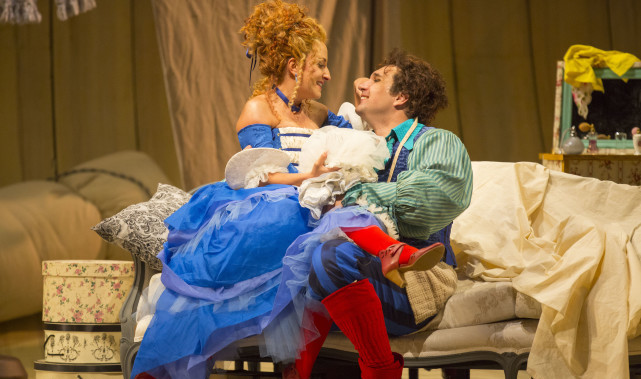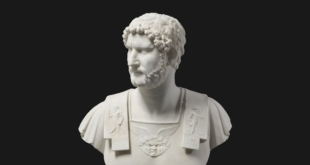
In nearly 30 years of reviewing opera for this and other columns, never have I been so carried away by the euphoria of experiencing this great art being professionally performed. But the other night, Aass I listened to Mozart’s brilliant overture, played by a group of first-class musicians, I was struck by how lucky we are to have the Chicago Lyric Opera to go to for performances of opera at the highest artistic level. Oh, sure, there’s room for criticism — mainly that Mozart scored the roles of Figaro and the Count for basses, and the Lyric used baritones, men who have all the pitches in their range, but not the vocal power to project them in numerous passages in the lower register.
But when it comes to the shortage of certain voice types, just what are you going to do — not perform the opera at all? (For a reason I do not understand, there are no more great tenors, either!) Besides, only an opera nut like me would know the difference anyway. The main thing is that more than ample justice was done to the great Mozart-da Ponte piece, live and in color! And that’s why I got so carried away by just being there. Live music is very hard to find these days. Even for weddings and banquets it is not uncommon for the music to be provided by DJs or one-man singer-”karaoke” performers where all the instruments are recorded. At the Civic Opera House, however, all the singers and instruments are there — for you. (I even got a bit giddy from hearing the harpsichord continuo.)
The singer I thought did the best job has a relatively small part — Brindley Sherratt, as Bartolo. This man is a real bass, and he sang “La vendetta” as well as I have ever heard it sung. There were plenty of kudos for baritones Adam Plachetka, as Figaro and Luca Pisaroni, as the Count. Both of them are excellent singers, but it was their unflagging, highly concentrated skill as actors that really endeared them to the audience. Keith Jameson (Basilio), Bradley Smoak (Antonio) and Jonathan Johnson (Curzio) made the most of their small parts, singing well, but again, winning the audience with superb acting.
Indeed, as a result of some very clever staging, the events depicted in Beaumarchais’ play were quite easy for the audience to observe and to follow. And that is no small achievement. “Le nozze di Figaro” is dramatically very complex, especially the last scene, and because it was acted out the way it was, it was very funny, as Mozart and da Ponte intended it to be. When spectators can’t figure out what’s going on, how do they know what to laugh at? A very savvy sur-title translation also helped.
As usual, almost all the women singers performed beautifully. The petite Christiane Karg, as Susanna, really dominated the performance with her singing and acting. The role of the Contessa was admirably delivered by soprano Amanda Majeski. When mezzo Rachel Frenkel, as Cherubino, sang the quintessential Mozart aria “Voi che sapete,” she executed it so flawlessly, that for me it was one of the highlights of the evening. Soprano Katharine Goeldner, as Marzellina also was very steady throughout. As Barbarina, soprano Hlengiwe Mkhwanazi is vocally a work in progress. She has a pretty instrument, but one expects a bit more depth. Perhaps it will come in time.
Conductor Henryk Nánási should be credited with keeping the energy level of singers and players consistent throughout this long opera.
And what an opera it is! And just think. For what you would spend on any number of things you can experience opera in as good a place as anywhere in the world! And the memory of the evening will stay with you always. See you at Lyric for Rossini’s “Cinderella!”
For more, visit https://www.lyricopera.org.
 Fra Noi Embrace Your Inner Italian
Fra Noi Embrace Your Inner Italian






